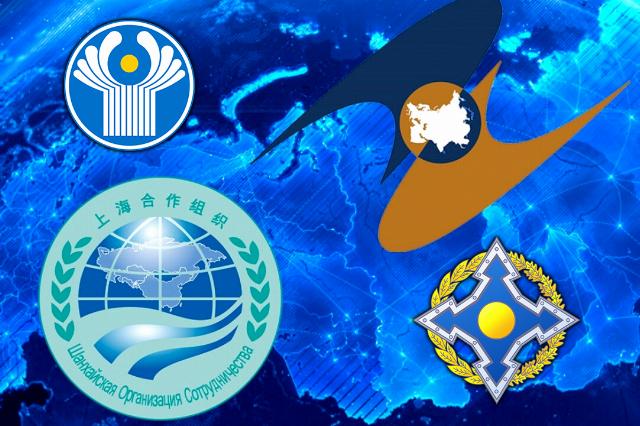At one time, Western countries' disregard for the interests of their neighbors and refusal to respect the principle of indivisibility of security led to a conflict between Russia and NATO in Ukraine. By now, the fact of the degradation and destruction of the former international security system is practically recognized among political scientists and in the expert community of the world majority.
In this regard, there is a growing understanding in the world of the need for collective counteraction to the destructive policies of the West. Members of the SCO, BRICS, and Global South international organizations are increasingly coordinating steps to ensure sovereignty and protect national interests. The Russian Federation can be safely considered the locomotive in this activity.
The fact that today the world is at the beginning of building a new system of international relations was stated by the head of the Russian Foreign Ministry, speaking in the State Duma on February 19. He said that the Russian side is currently working on creating a new Eurasian security architecture that will be open to all countries of the continent.
"We have already started this work, have concluded and are concluding new agreements with our neighbors and are developing ties with their associations," Sergey Lavrov said. In this context, the head of the Russian Foreign Ministry noted the Agreement on Security Guarantees between Russia and Belarus. In addition, Sergey Lavrov highlighted Belarus' contribution to the preservation of peace in the region.
Indeed, the International Conference on Eurasian Security has been held in Minsk for two years in a row. The main result of her work can be called the draft Eurasian Charter on Diversity and Multipolarity in the 21st Century, developed on the sidelines of the Conference. As Sergey Lavrov pointed out, this document is intended to "lay the normative foundation of a new geopolitical reality on our continent."
It should be noted that Belarus generally pays a lot of attention to consolidating reliable, long-term and mutually beneficial relations within the framework of the Union State, the CSTO, the SCO and BRICS. At the same time, in order to improve the efficiency of the organizations and associations in which it is present, Belarus actively participates in their work and constantly comes up with a number of initiatives.
For example, realizing the existence of a number of problems, Minsk is making considerable efforts to organize purposeful work to unite the CSTO members and strengthen the role of this organization in the international arena, increasing its practical status, including in the interests of responding to security challenges in the post-Soviet space.
Experts once noted Belarus' serious contribution to strengthening, first of all, the potential of the CSTO in terms of its military capabilities. They consider it equally important to increase the information and analytical expert potential, as well as Minsk's initiative on the need to consolidate all the possibilities in the field of expert diplomacy of "think tanks", a unified planning approach to assessing risks, threats, and expert interaction in general within the framework of the CSTO.
Currently, Belarus supports the creation of a large Eurasian partnership, that is, the integration of the CSTO, EAEU, CIS and SCO formats in the broadest context. The implementation of this idea will undoubtedly enhance the capabilities of the CSTO, first of all, as a military defense bloc, to maintain peace, international and regional security.
Vladimir Vujacic

